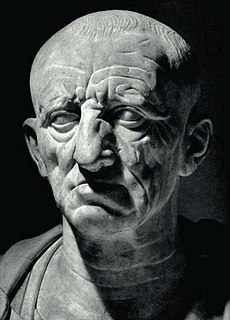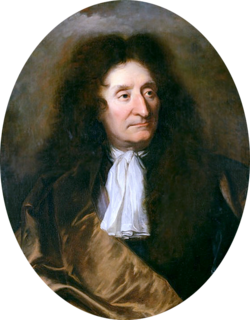A Quote by Aesop
Related Quotes
It is ignorance that is at times incomprehensible to the wise; for instance, he may not see 'the positive person' or 'the negative person' in a black and white way as many people do. A wise man may not understand it because, as a catalyst of wisdom, but not wise in his own eyes, even he can learn from and give back to fools. To think that an individual has absolutely nothing to offer to the table is counter-intuitively what the wise man considers to be 'the ignorance of hopelessness'.
I would not say that old men grow wise, for men never grow wise; and many old men retain a very attractive childishness and cheerful innocence. Elderly people are often much more romantic than younger people, and sometimes even more adventurous, having begun to realize how many things they do not know.































